
Sujit Kumar Datta, Former Chairman of Department of International Relations, University of Chittagong, Bangladesh
Jul 28, 2025
The intent of the United States was to coerce China into making concessions. But this didn’t work. China was only inspired to reach out to other trading partners and become more independent through home-grown technological development.
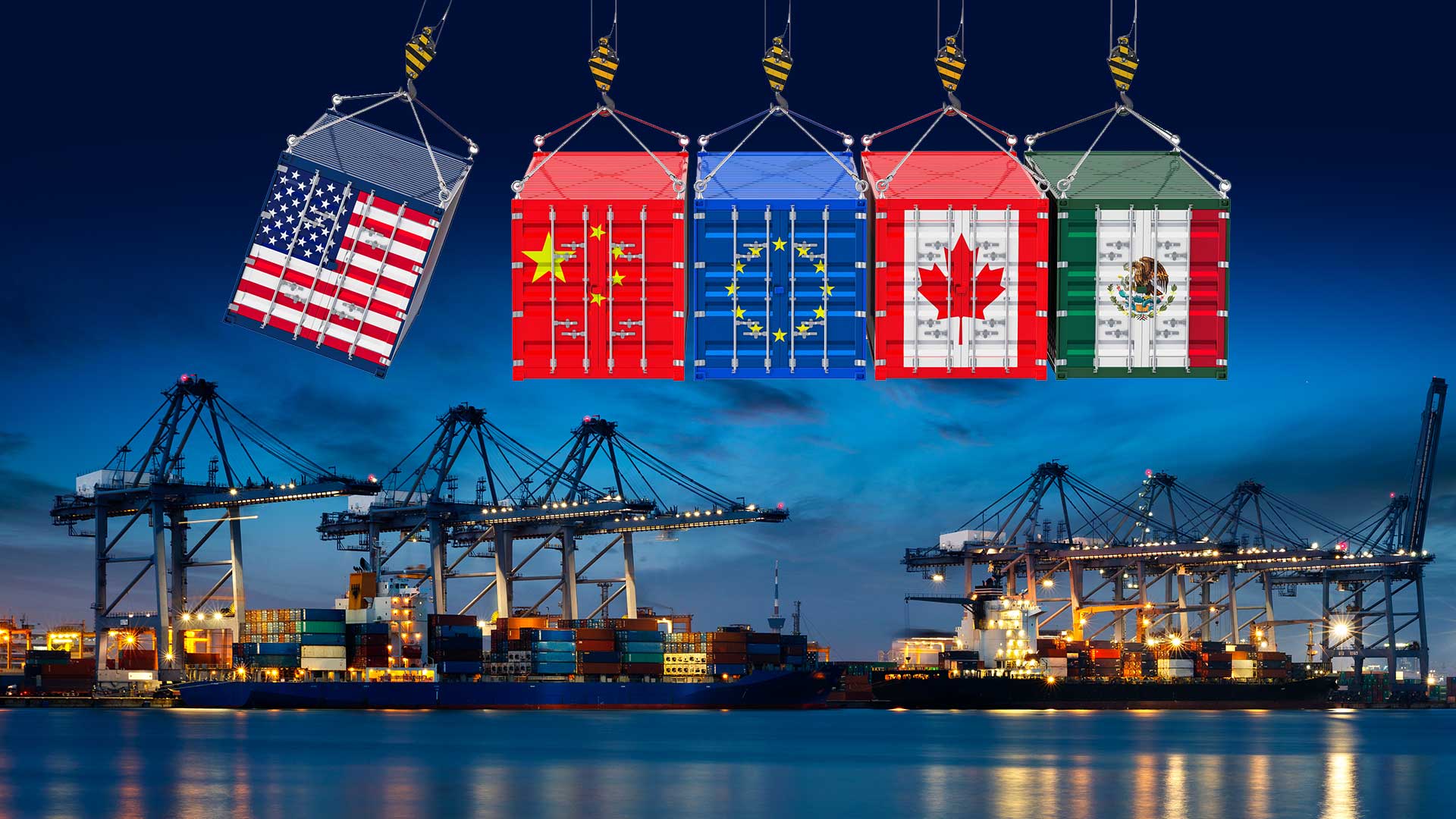
He Weiwen, Senior Fellow, Center for China and Globalization, CCG
Jul 28, 2025
The current deglobalization policy of the Trump administration in the form of tariffs, as well as its disregard for multilateral rules, will only lead to a slowdown in American economic growth. It will undercut the country’s technology advantages and hurt American families.
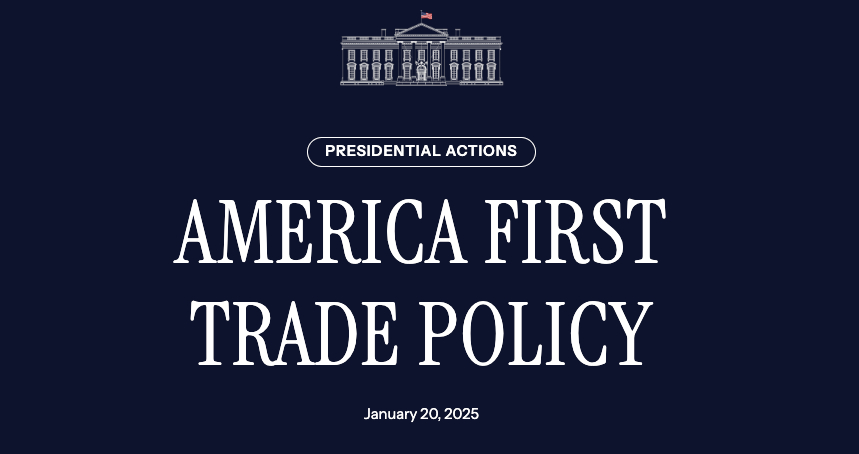
Brian Wong, Assistant Professor in Philosophy and Fellow at Centre on Contemporary China and the World, HKU and Rhodes Scholar
Jul 25, 2025
Trump’s ‘America First’ protectionist tactics are supposed to create advantages for the U.S. in trade and freeze out China in theory, but expect that the world needs America’s consumers to continue. New connections forming amid the trade war could mean instead, the U.S. is left out in the cold.

Yu Xiang, Senior Fellow, China Construction Bank Research Institute
Jul 21, 2025
If the United States can adapt flexibly and prioritize consensus with its trading partners, it may solidify its economic dominance. Otherwise, persistent high tariffs risk deepening global trade fragmentation and will challenge America’s long-term influence.
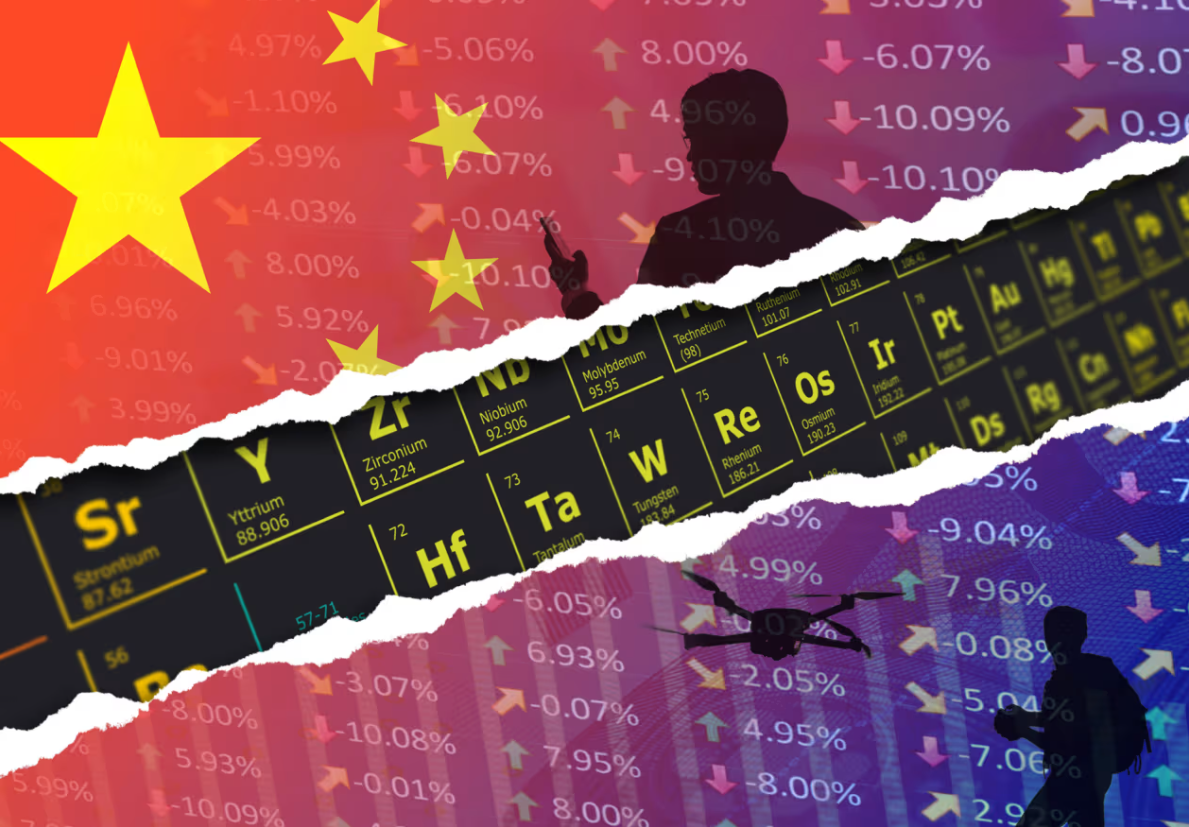
Zongyuan Zoe Liu, Senior Fellow for China Studies, Council on Foreign Relations
Jul 18, 2025
The most recent trade talks between the United States and China in Geneva and London provided little more than temporary relief in the conflict between the world’s two largest economies. Despite US President Donald Trump’s efforts to tout the stopgap measures as a “deal” that benefits America, China reads the scoreboard differently – and believes it is winning. From its vantage point, it has weathered the storm and emerged more confident, more self-reliant, and more convinced that its long game is paying off.
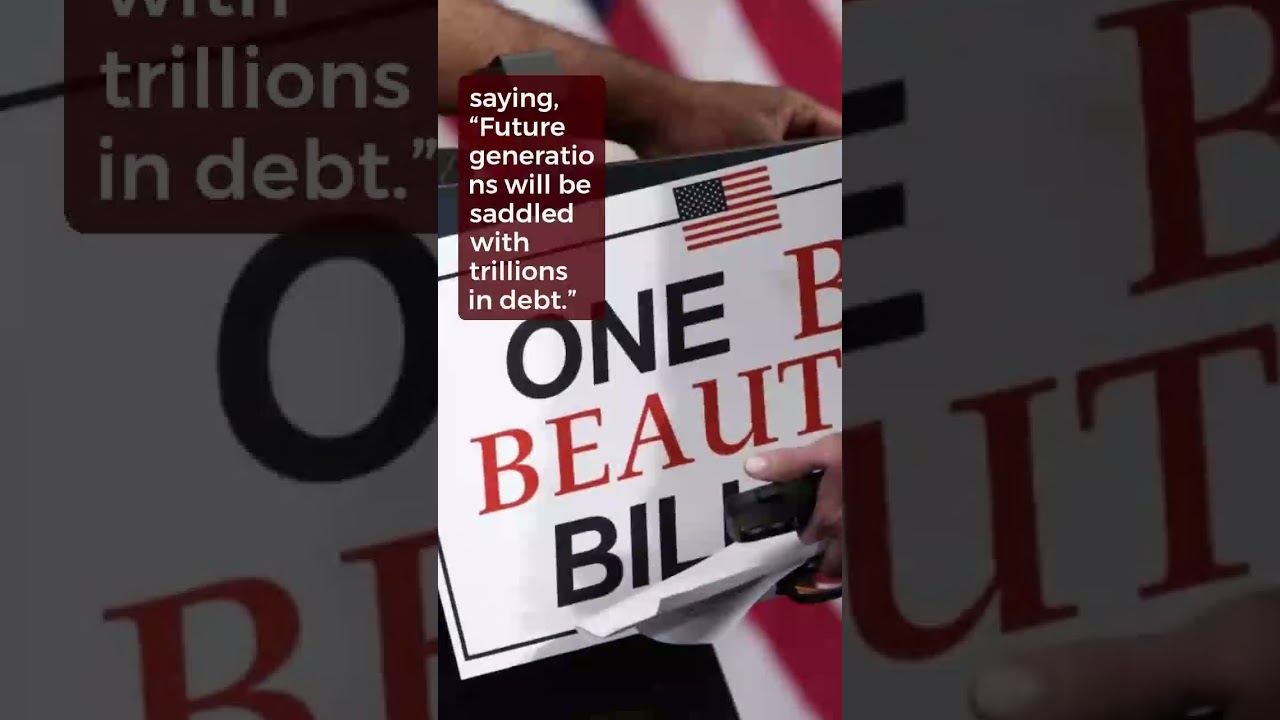
Ma Xue, Associate Fellow, Institute of American Studies, China Institutes of Contemporary International Relations
Jul 11, 2025
Washington is now piling up debt even in the absence of an emergency. In the long run, this sort of quick fix, where the cure is worse than the disease, will only worsen America’s economic fragility and add to uncertainty.
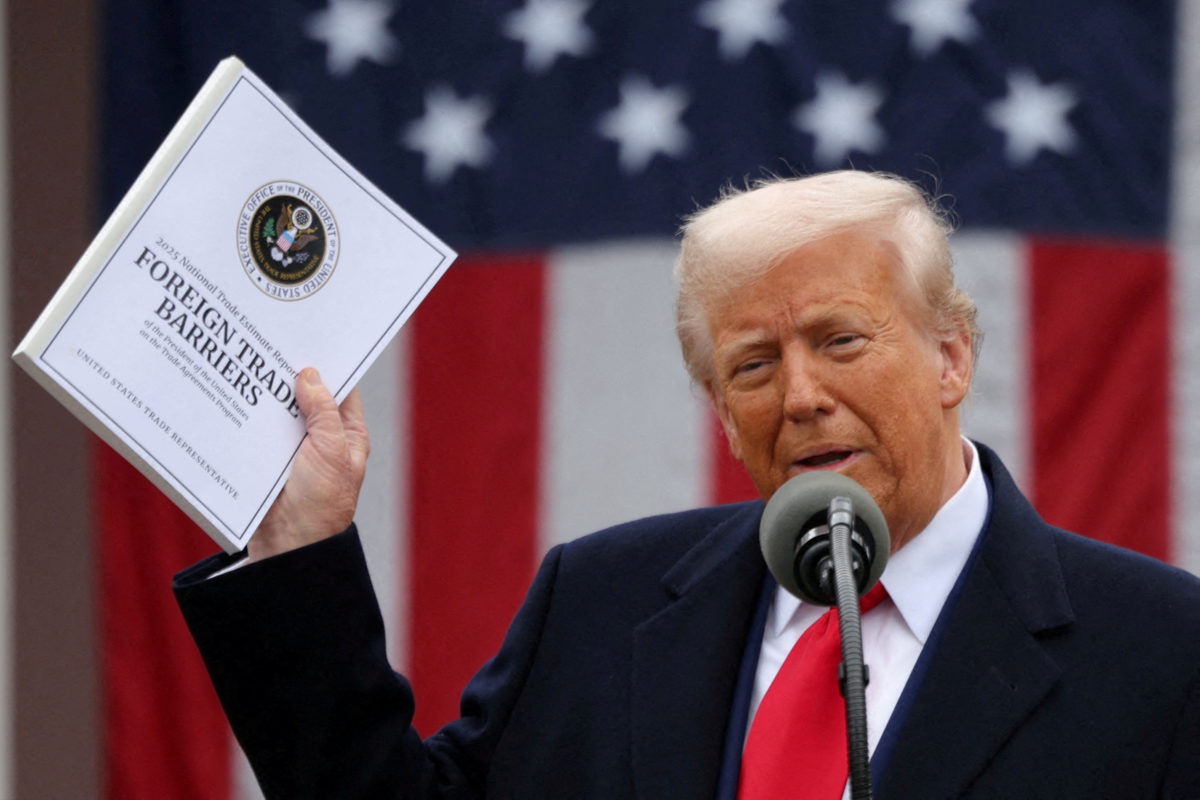
Brian Wong, Assistant Professor in Philosophy and Fellow at Centre on Contemporary China and the World, HKU and Rhodes Scholar
Jul 04, 2025
Global trade is evolving, not ending, as structural limits on U.S. protectionism and the rise of regional agreements beyond U.S. influence sustain economic integration. While the U.S. remains the dominant power, the U.S.-centric trade regime is gradually declining.

Zhang Monan, Deputy Director of Institute of American and European Studies, CCIEE
Jun 27, 2025
Court rulings could weaken the U.S. administration’s tough stance in trade talks and give trading partners more room to maneuver. But policy uncertainty means that high-stakes trade negotiations could go either way.
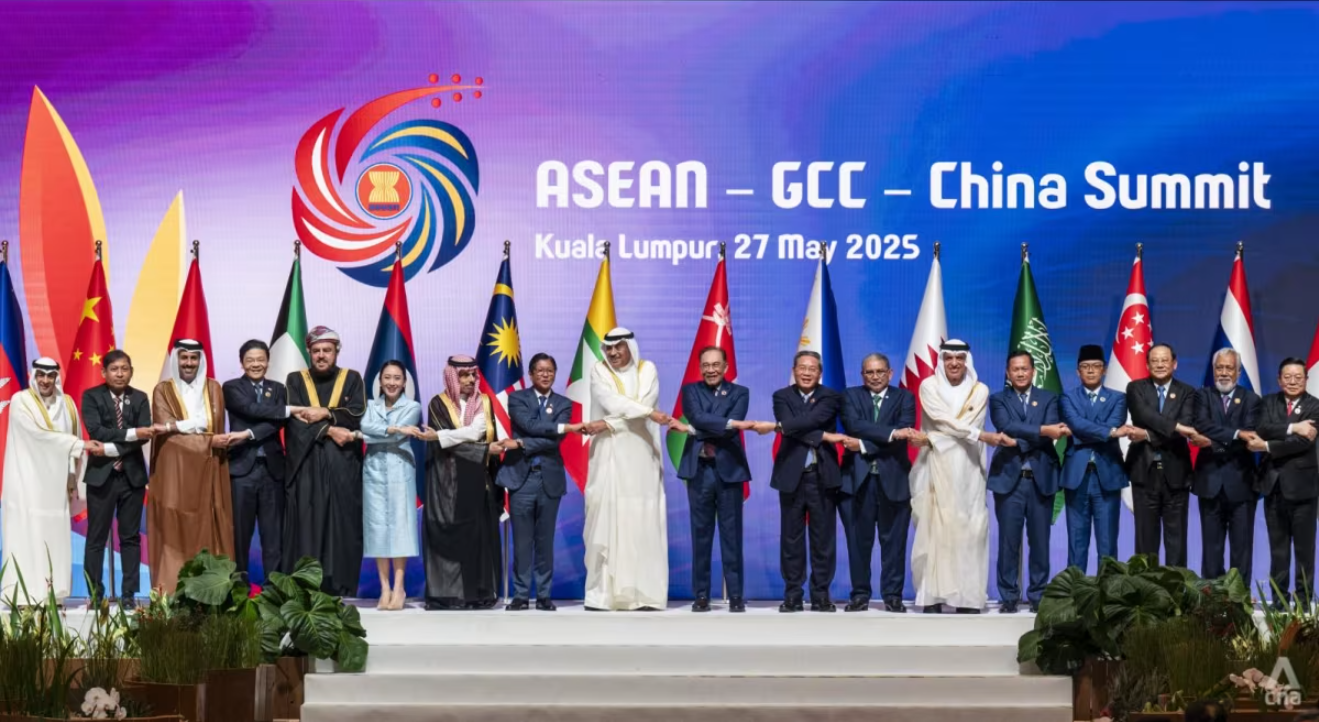
Sujit Kumar Datta, Former Chairman of Department of International Relations, University of Chittagong, Bangladesh
Jun 06, 2025
Regional trade alliances and economic integration — especially the one emerging between China, ASEAN and countries in the Persian Gulf — are offering stability for a global economy on the edge. The world’s poles are shifting to fill the gap left by an increasingly isolationist United States.
Kishore Mahbubani, Dean of the Lee Kuan Yew School of Public Policy, National University of Singapore
Jun 06, 2025
U.S. President Donald Trump’s tariffs – especially the ultra-high “reciprocal tariffs” that he says will be reintroduced on July 8 for any country that has not struck a trade deal with his administration – have sent countries around the world scrambling to respond, adapt, and limit the fallout. ASEAN’s ten members – Brunei, Cambodia, Indonesia, Laos, Malaysia, Myanmar, the Philippines, Singapore, Thailand, and Vietnam – have been among the most proactive.
Back to Top

- China-US Focus builds trust and understanding between the U.S. and China through open dialogue among thought leaders.
- Our Offerings
- Topics
- Videos
- Podcasts
- Columnists
- Research Reports
- Focus Digest
- Stay Connected
-
Thanks for signing up!
- Get the latest stories from China-US Focus weekly.